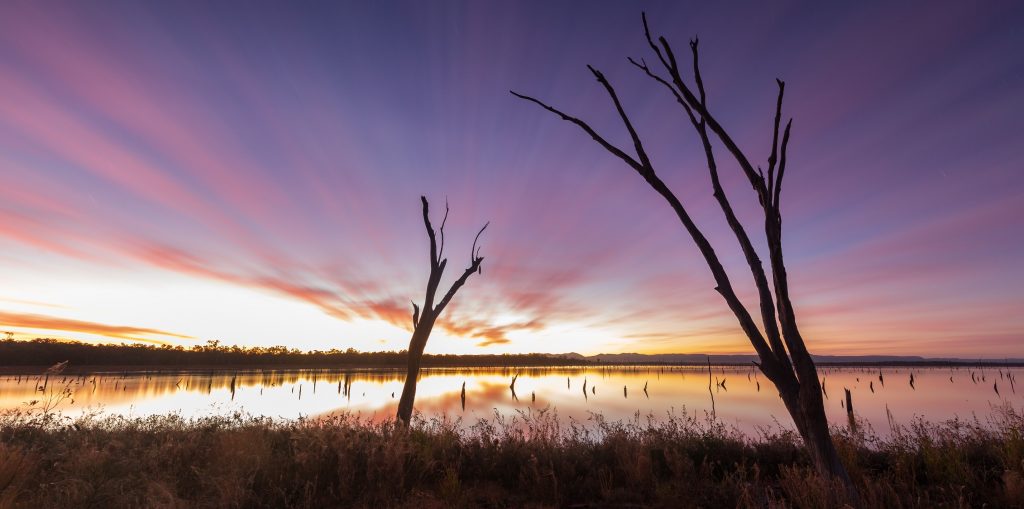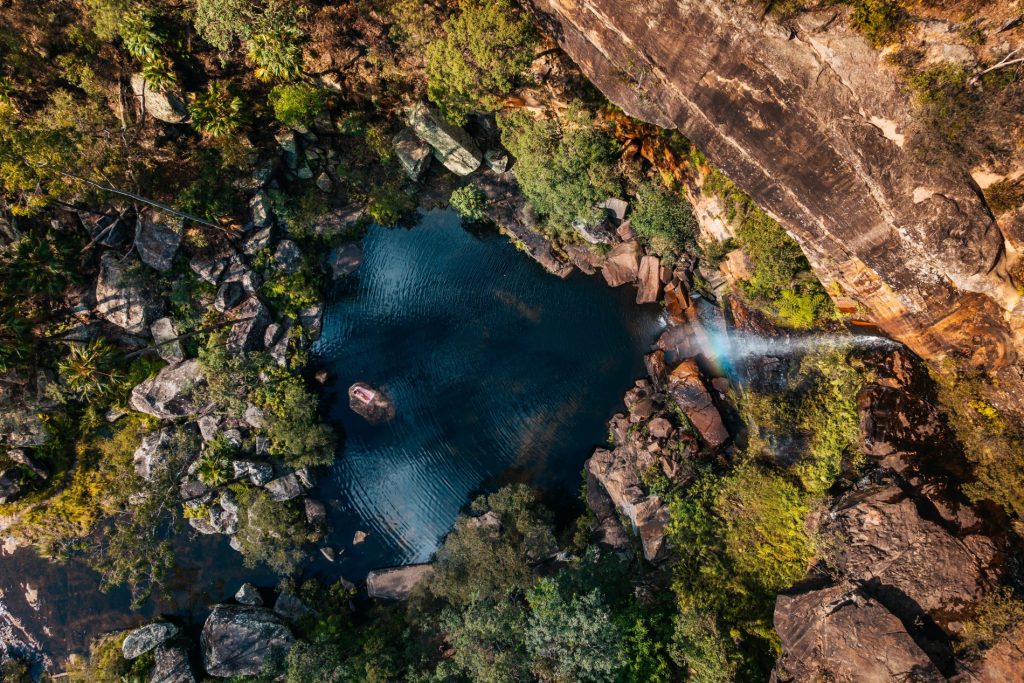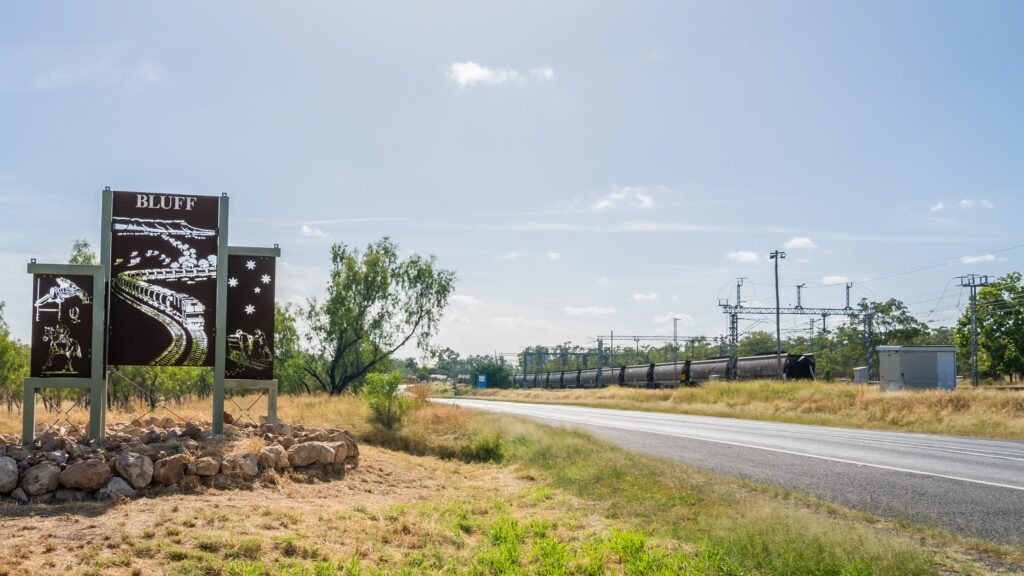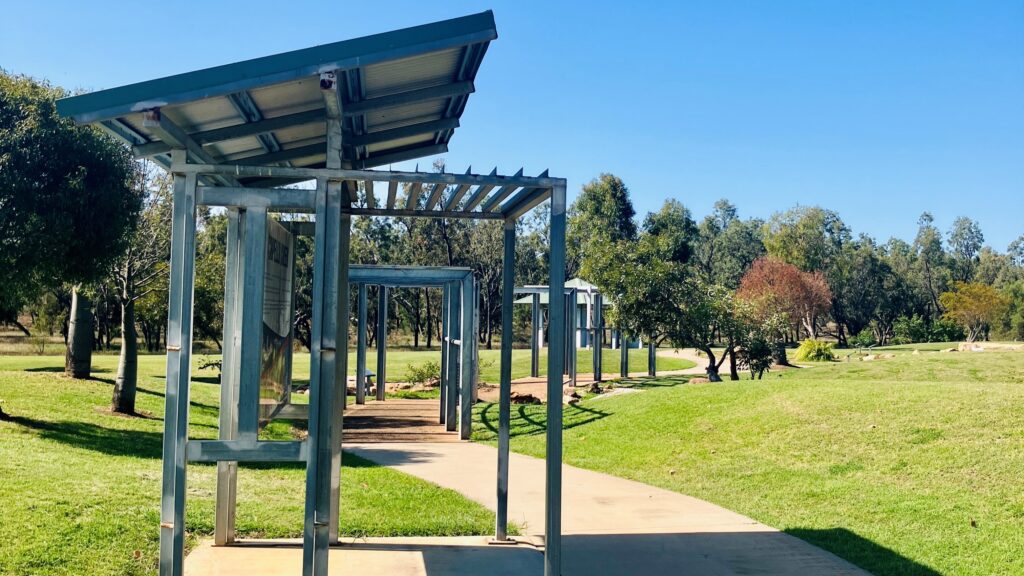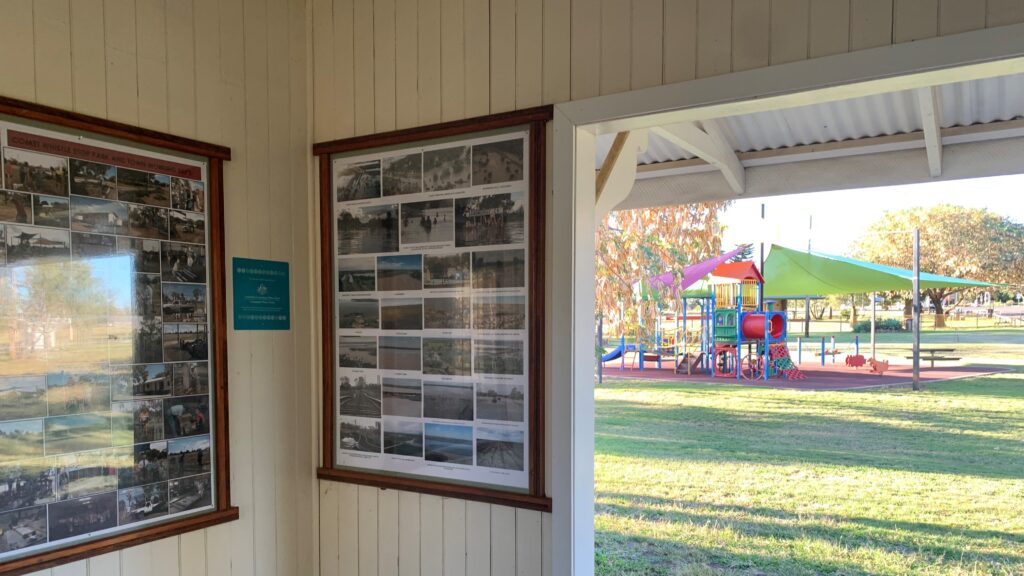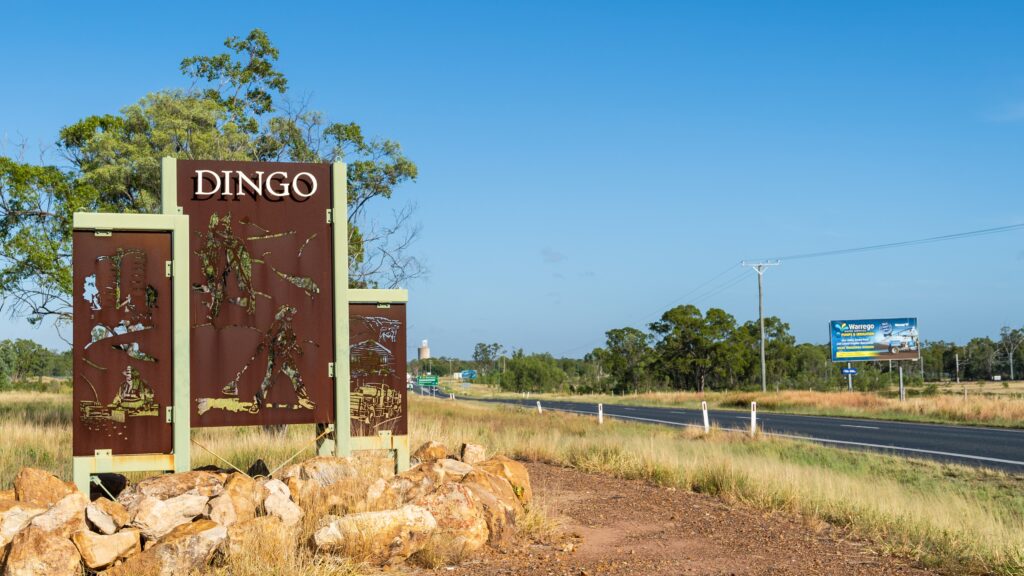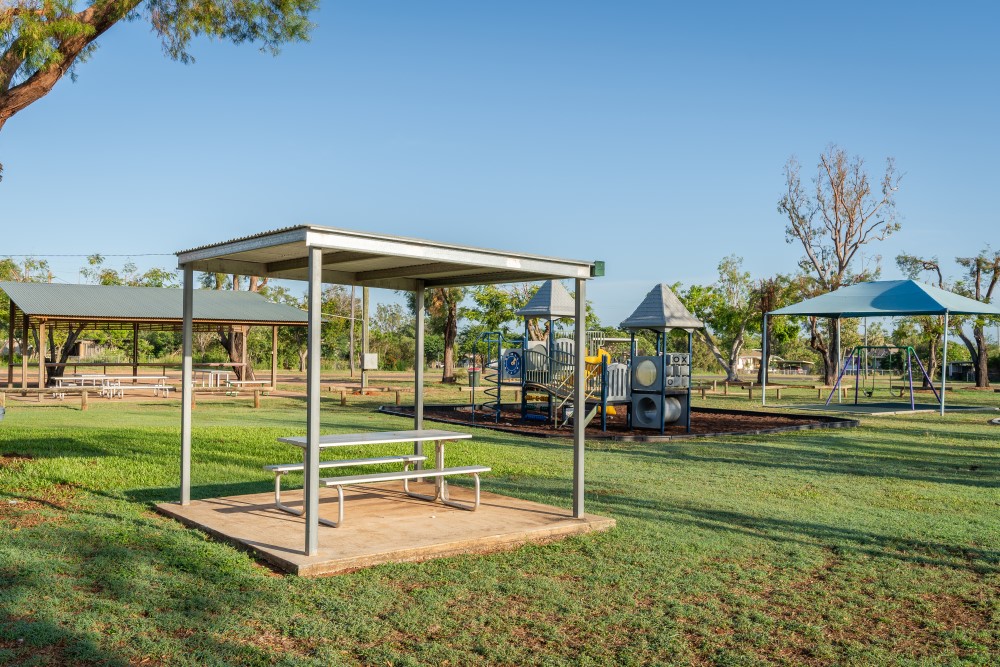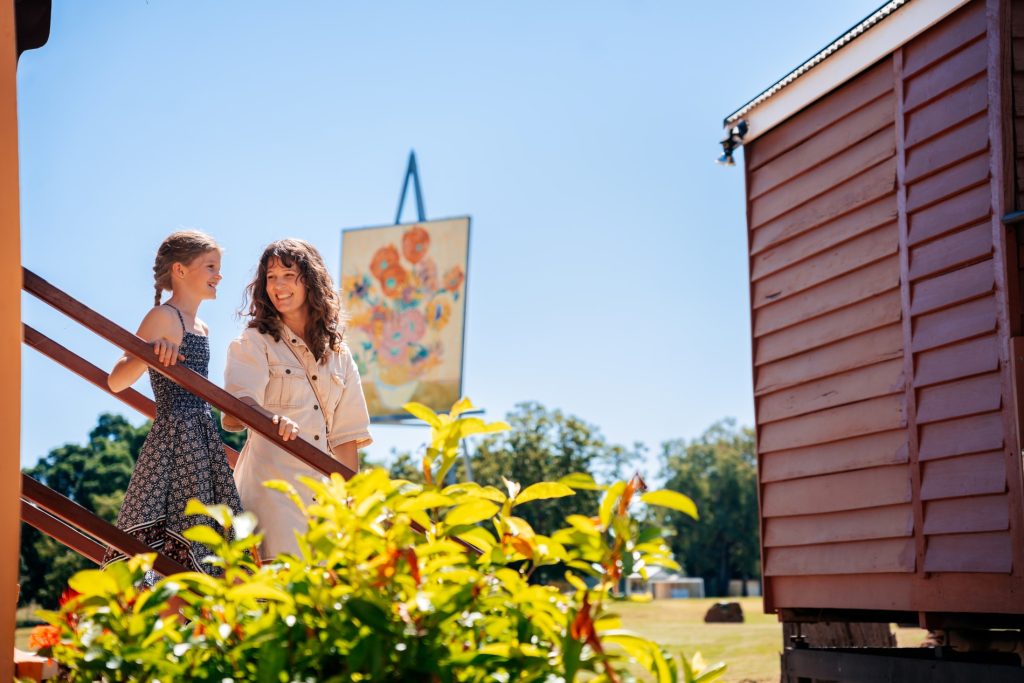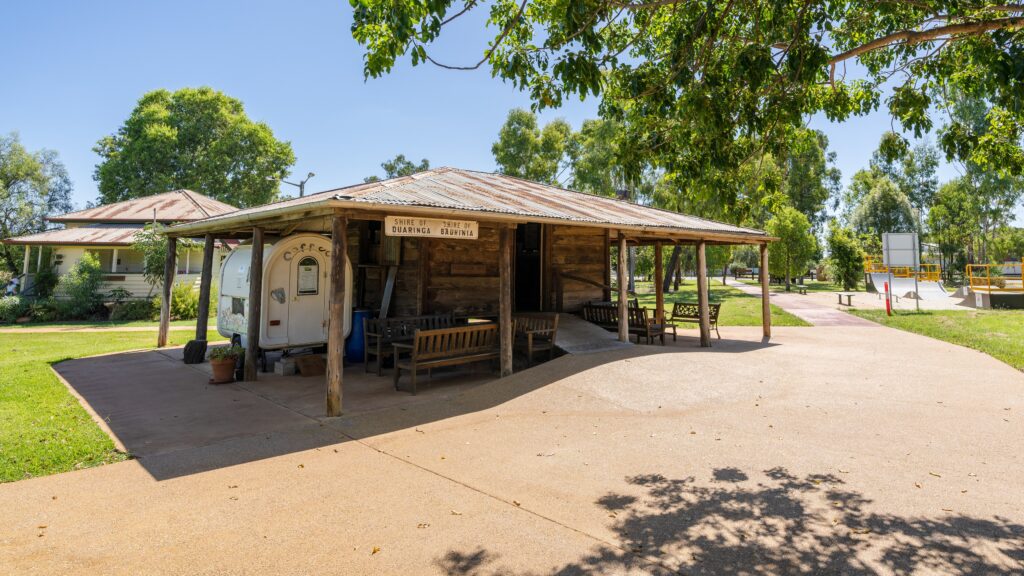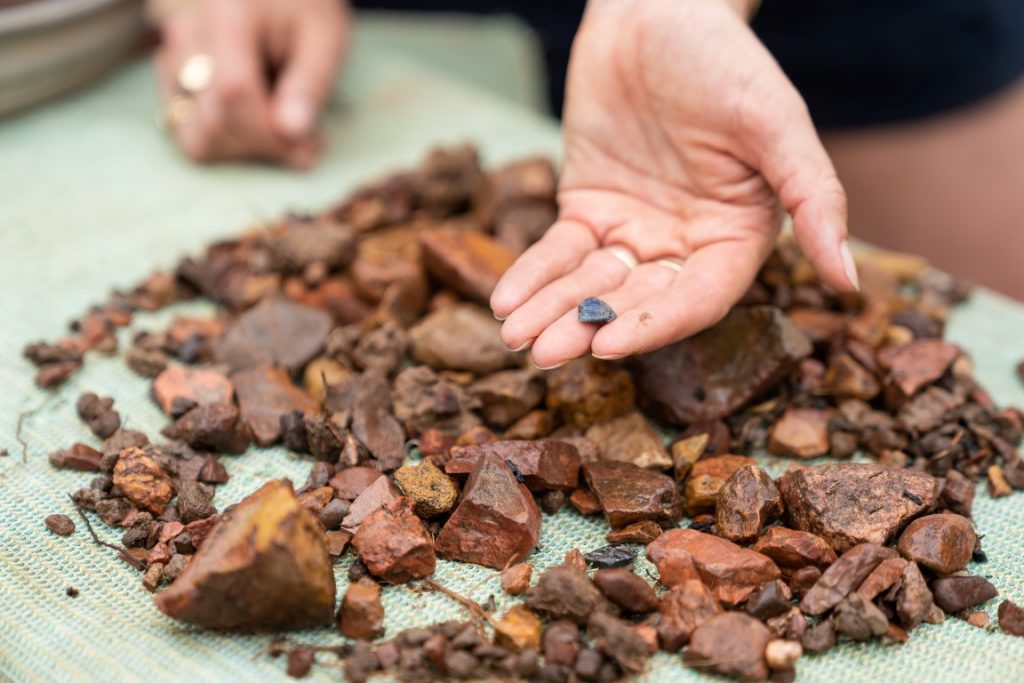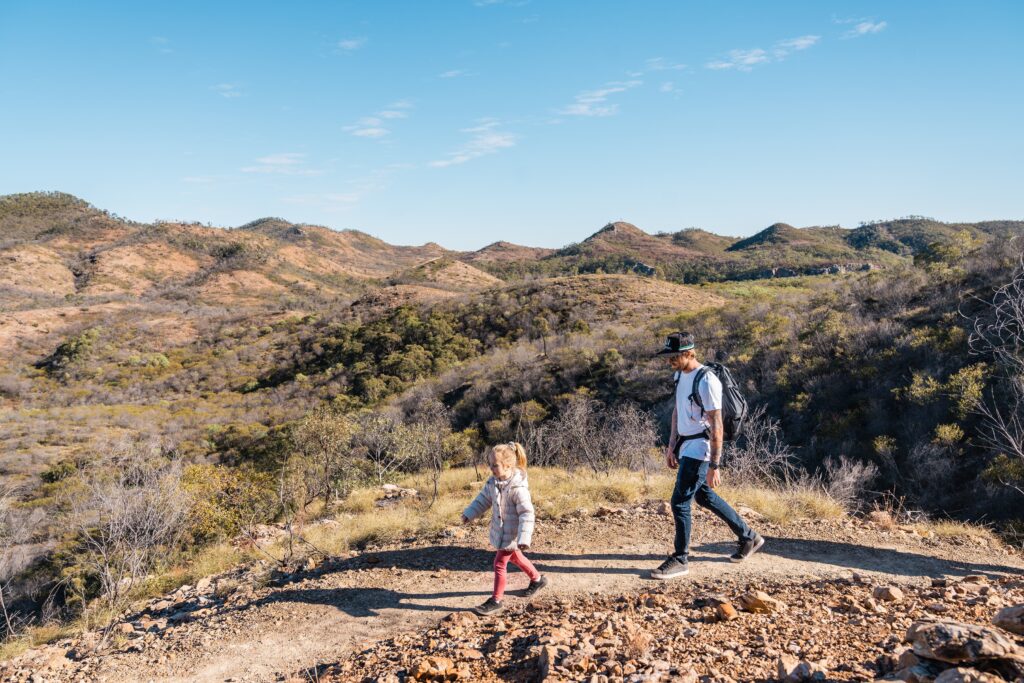Blackwater, known as the coal capital of Queensland, is a town filled with a rich history and a heart-warming community.

BLACKWATER INTERNATIONAL COAL CENTRE (bicc)
The BICC is home to the Australian Coal Mining Museum (pictured), Japanese Gardens, Eliza’s Cottage store, café, cinema, and visitor information counter (staffed from Easter to October).
The BICC also includes a display of pieces by members of the Blackwater Art Society.
The BICC is open 6:00am – 3:00pm weekdays, closed weekends and public holidays. Note: the BICC closes early on quiet days.
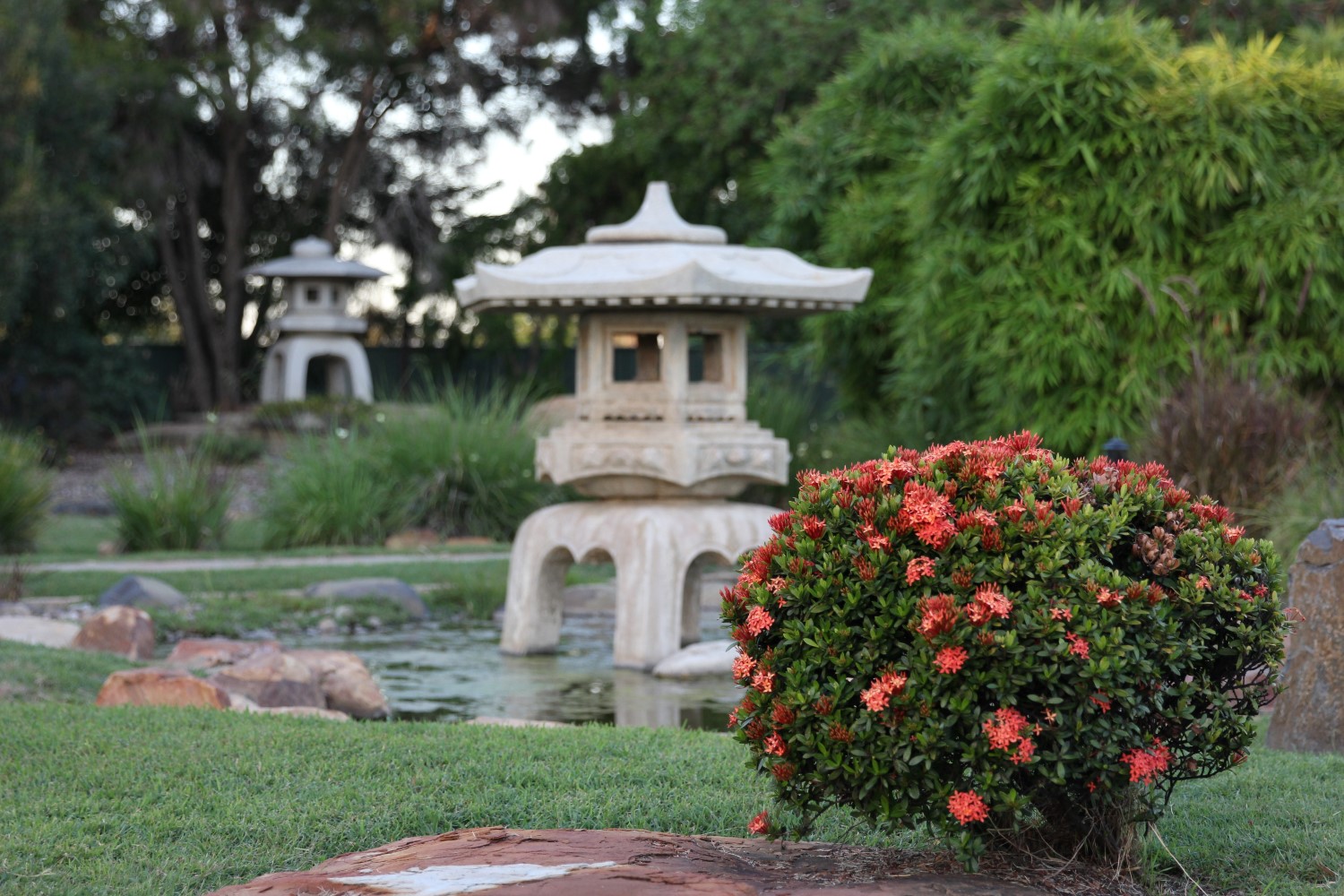
Australian Coal Mining Museum, located inside the BICC, offers a collection of exciting and educational exhibits, media displays and simulators that delve into the past, present and future of mining.
Two Public Gardens are located on the grounds of the BICC – the Timeless Garden, which features unique species of plants from all over the world, and the Japanese Garden (pictured), a symbol of the relationship between Blackwater and sister city Fujisawa, Japan. Free entry.
BLACKWATER LIONS PARK
Found on the Capricorn Highway, Lions Park is well known for one of the largest displays of flags in the world. The 37 flags represent the different nationalities that worked side-by-side to establish the district’s coal industry.
A grand water tower dominates the park and historic features include a restored engine of a 1953 C Class locomotive train (pictured) and the old railway station that was built in 1877.
Facilities include a soft fall play area, modern amenities block and barbecues, seating, and shade shelters.

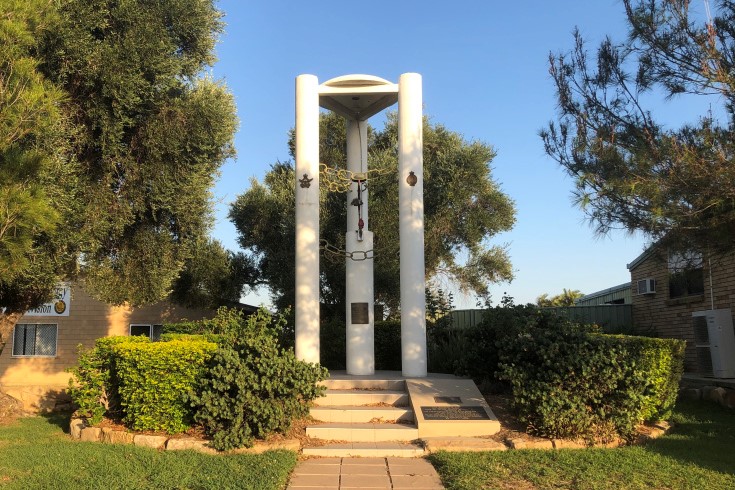
MORE HIGHLIGHTS
- The immersive Ghungalu Nunee Garden embraces a deeper understanding of the land’s significance to the Ghungalu people with a self-guided Walking with the Elders audio tour.
- Two pine trees grown from seeds taken from the Gallipoli peninsula in Turkey are the highlight of the town’s war memorial (pictured) in Arthur Street.
- Coal Face Memorial Located near the ambulance station in Mackenzie Street is a memorial titled At the Coal Face, which commemorates all the miners killed in accidents at Blackwater coal mine pits.
Explore more of the memorials’ stories here.
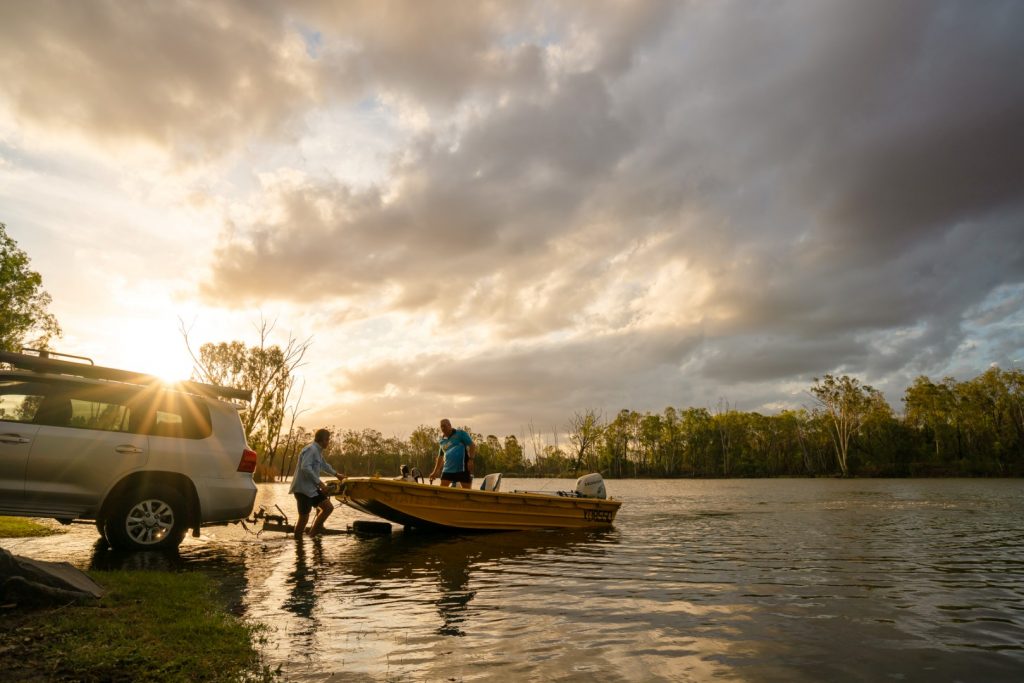
BEDFORD WEIR
Escape to this popular boating, camping and fishing spot on the beautiful Mackenzie River, 25 kilometres north of Blackwater.
The area is suitable for overnight stays and water (not potable), toilets and showers are available. Free camping up to seven days is permitted.
Wood-fired barbecues and a playground are set in shaded areas by the river.
The weir is stocked with Barramundi, Saratoga and Yellowbelly, or throw in a pot to catch some of our freshwater crayfish, Red Claw.
Keep a look out for wallabies, potoroos, echidnas and bandicoots.
Bird lovers are in for a treat, with as many as 30 species of birdlife calling the weir home including a large pride of peacocks.
Signage at the weir tells the story of the first Queensland police officers killed on duty in 1867 and you can still see an old stone pitched road below the weir wall – remnants of old river crossing built by convicts.
Download the Bedford Weir brochure here or pick up a free copy from one of the region’s visitor information centres.
HANDY LINKS
Explore More…
PHOTO CREDITS: Nathan White Images, Jesse Lindemann, Leonie Geary, Central Highlands Regional Council.

